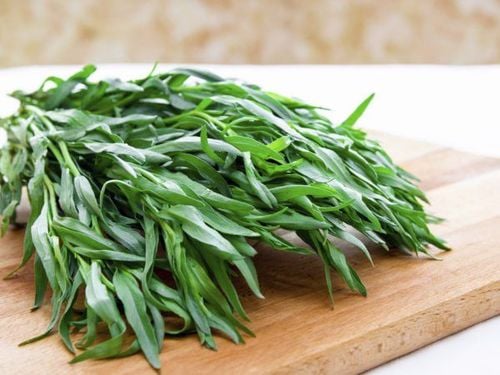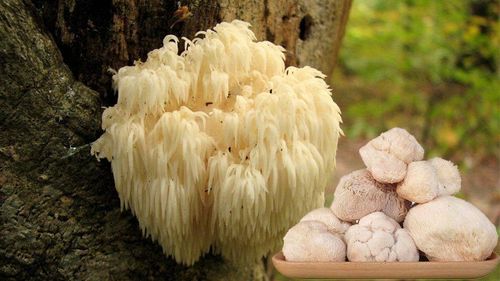Biotin, scientifically recognized as vitamin B7, plays a critical role in cellular metabolism and keratin formation, making it a key ingredient in supplements and skincare products designed to enhance hair and nail health. Which food and beverage source include high levels of biotin?
1. What is Vitamin B7?
You may recognize vitamin B7 by its common name as biotin. It is a water-soluble B vitamin that is found in nature in some foods and also in supplements. Biotin plays an important role in supporting the enzymes that break down fats, carbohydrates, and proteins in food. It also helps regulate the signals sent by cells and the activity of genes.
There is no Recommended Dietary Allowance (RDA) for biotin as there is insufficient evidence to propose a daily required amount for most healthy individuals. Instead, there is an Adequate Intake (AI) level, assumed to ensure nutritional adequacy.
The AI for biotin is 30 micrograms per day for men and women aged 19 years and older, as well as for pregnant women. Breastfeeding women need 35 micrograms per day.
The Tolerable Upper Intake Level (UL) is the maximum daily dose unlikely to cause harmful side effects for the general population. There is no UL for biotin due to a lack of reports showing adverse effects from very high intakes.
2. The Health Benefits of Vitamin B7
Biotin supplements are often highly regarded as a treatment for hair loss; promoting healthier hair, skin, and nails. While biotin deficiency can certainly lead to hair loss and issues with skin or nails, evidence supporting the benefits of supplementation remains inconclusive.A few case reports and small trials have demonstrated benefits, but the study designs still have limitations:
● Diagnoses of different hair conditions were not cited or described. Researchers also noted that some types of hair loss may resolve on their own without treatment, making it unclear if biotin supplementation specifically helps hair regrowth.
● Some studies indicate that biotin supplements may be most beneficial for individuals with nutrient deficiencies; however, there is a lack of studies measuring biotin levels before and during supplementation to confirm this conclusion.

Some evidence suggests that individuals with diabetes may be more prone to biotin deficiency. Since biotin is a key factor in glucose synthesis, it may help maintain proper blood sugar levels in type 2 diabetes patients.
Despite inconclusive evidence, vitamin B7 supplements remain popular. Biotin is commonly added to multivitamins and supplements for hair, nails, and skin. While vitamin B7 may be included in some cosmetics, it is important to note that it cannot actually be absorbed through the skin, hair, or nails.The FDA advises individuals to inform their doctors about all supplements and dosages they are taking during each visit.
3. Which Foods Contain Vitamin B7?
Vitamin B7 is found in certain foods, albeit in small amounts. These foods include walnuts, peanuts, cereals, milk, and egg yolks. Other foods that contain vitamin B7 include whole-grain bread, salmon, pork, sardines, mushrooms, and cauliflower.Fruits containing biotin include avocados, bananas, and raspberries. Overall, a healthy and diverse diet will provide the body with adequate amounts of biotin.
Follow the website: Vinmec.com regularly for more useful information.
Please dial HOTLINE for more information or register for an appointment HERE. Download MyVinmec app to make appointments faster and to manage your bookings easily.
Reference source: hsph.harvard.edu
To arrange an appointment, please call HOTLINE or make your reservation directly HERE. You may also download the MyVinmec app to schedule appointments faster and manage your reservations more conveniently.






